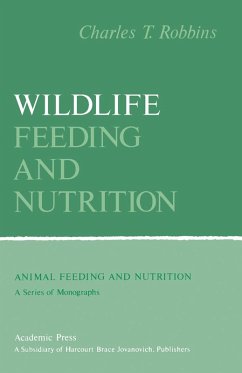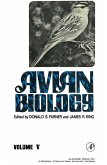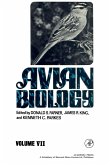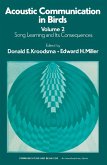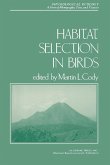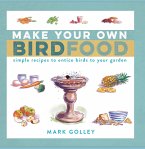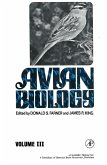The book discusses the five major nutritional categories of constituents that animals must acquire from their external environments: energy, protein, water, minerals, and vitamins. Subsequent chapters cover topics such as the estimation of energy and protein requirements; dietary protein requirements for captive wildlife and free-ranging populations; wildlife reproductive characteristics; the digestion and metabolism of nutrients; and food intake regulation.
The text will be invaluable to wildlife biologists, to those who are interested in captive animal nutrition and management, and to those who are interested in improving the feed supply and nutrition of free-ranging wildlife.
Dieser Download kann aus rechtlichen Gründen nur mit Rechnungsadresse in A, B, BG, CY, CZ, D, DK, EW, E, FIN, F, GR, HR, H, IRL, I, LT, L, LR, M, NL, PL, P, R, S, SLO, SK ausgeliefert werden.

